Kenyan High Court Upholds Citizenship Rights for Children of Mixed-Status Parents
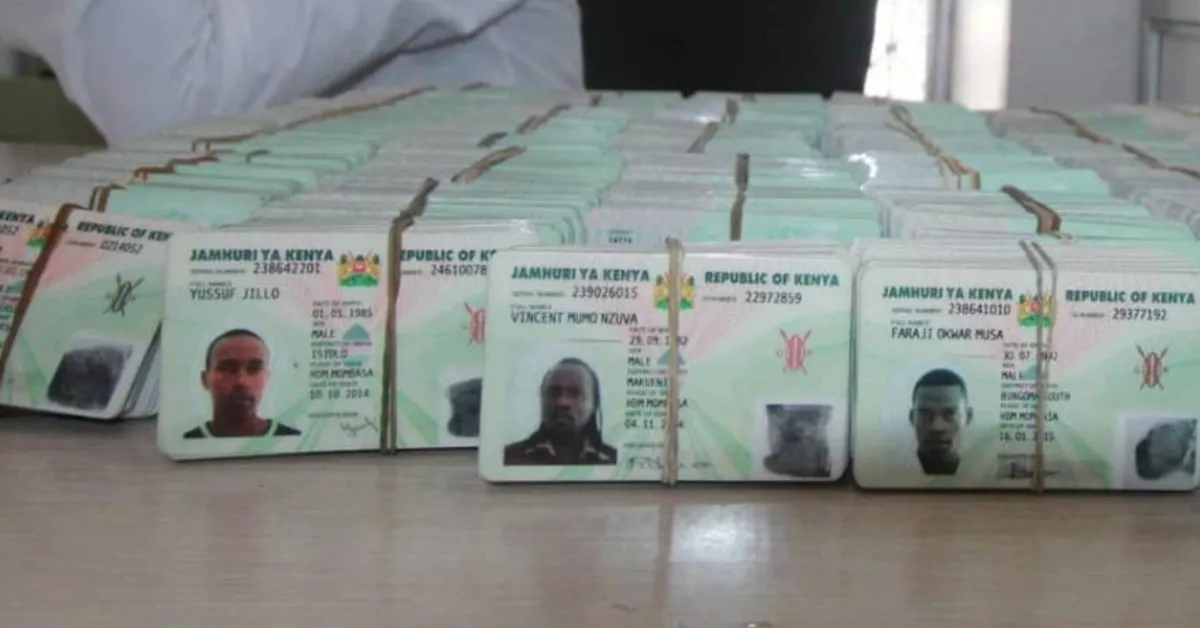
In a pivotal decision delivered on 17 July, the Kenyan High Court affirmed that children born in Kenya to at least one Kenyan parent are entitled to full citizenship, irrespective of the other parent's status as a refugee or asylum seeker.
The ruling, presided over by Justice John Onyiego, directly challenges established administrative practices and reinforces constitutional guarantees of equality and non-discrimination, potentially impacting thousands of families within the country.
The judgment arose from consolidated petitions filed in Garissa by the Haki Na Sheria Initiative, alongside individual petitioners Fatuma Omar and Fozia Mohamed.
These petitioners alleged that various government bodies, including the Cabinet Secretary for Interior, the Director General of Citizenship and Immigration Services, and the Principal Registrar of Births and Deaths, had infringed upon the constitutional rights of children with one Kenyan parent and one parent holding refugee status.
The central argument asserted that the children were being denied Kenyan citizenship at birth, effectively rendering them stateless and hindering their access to essential services. Justice Onyiego unequivocally said that any child born in Kenya to at least one Kenyan parent is a Kenyan citizen by birth, regardless of the immigration status of the other parent.
“The state is therefore under an obligation to protect and enforce that right,” the judge asserted, emphasising that such rights must not be subjected to arbitrary or unreasonable barriers.
The case highlighted the practice of stamping birth notifications and certificates with refugee agency markings, such as "refugee" or "IRC" (International Rescue Committee), and registering the children's details in the joint Kenya/UNHCR refugee database. The court deemed these actions unconstitutional and discriminatory, further citing them as violations of the children’s right to identity and nationality. Justice Onyiego specifically cautioned the Principal Registrar of Births and Deaths against continuing this practice, warning that it undermines the legal standing of birth certificates and contributes to social stigma.
“To put a stamp impression bearing a mark ‘refugee’ is to water down or dilute the significance and legality of the document,” the judge said. “It will amount to discrimination of Kenyan children born of a refugee and a Kenyan citizen as opposed to those born of both parents being citizens.”
Beyond individual birth registrations, the ruling also addressed broader containment policies that effectively confine children born to refugee parents within designated refugee camps. Justice Onyiego declared that such forced containment, which results in the denial of access to quality healthcare, education, housing, and other socio-economic rights, is unconstitutional and inconsistent with Kenya's legal obligations. He emphasised that these children are not refugees and should not be treated as such under the law.
The court also tackled the rights of non-Kenyan spouses married to Kenyan citizens. The petitioners had argued that individuals married to Kenyans for over seven years were routinely denied the opportunity to apply for citizenship through marriage, as provided under Article 15(1) of the Constitution. While Justice Onyiego affirmed that such individuals are entitled to apply for citizenship, he clarified that the law does not guarantee automatic registration upon completing the seven-year period. Instead, the application must be assessed on its own merits, and certain conditions may still apply.
Acknowledging the difficulties refugees encounter in meeting standard documentation requirements for citizenship applications, Justice Onyiego directed the Attorney General to prepare and present legislative amendments within one year. These amendments should formally recognise documents issued to lawful asylum seekers as valid for the purpose of acquiring Kenyan citizenship through marriage. Should Parliament fail to act within this timeframe, the court ordered that immigration authorities must exempt such applicants from producing proof of residence and other regulatory documentation, accepting refugee-issued documents in their stead.
The respondents in the case maintained that the petitioners misunderstood the Constitution and the Citizenship and Immigration Act, arguing that registration as a citizen is a privilege, not an absolute right. The court firmly rejected this interpretation, emphasising that constitutional rights—particularly those concerning identity and nationality—must be upheld without discrimination.

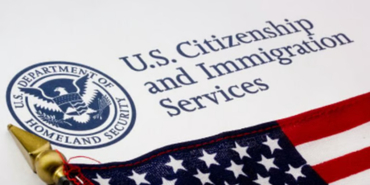

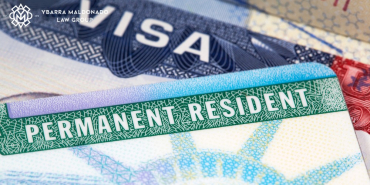

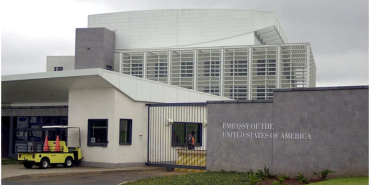

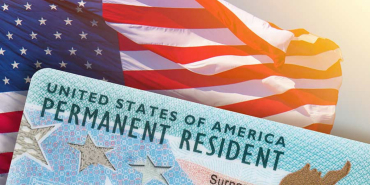

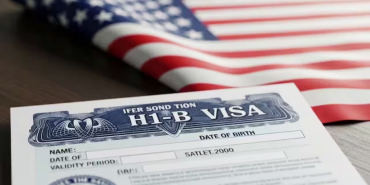




Add new comment